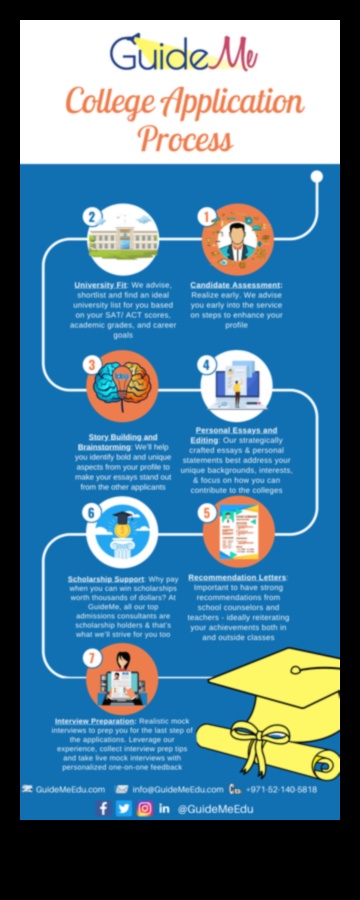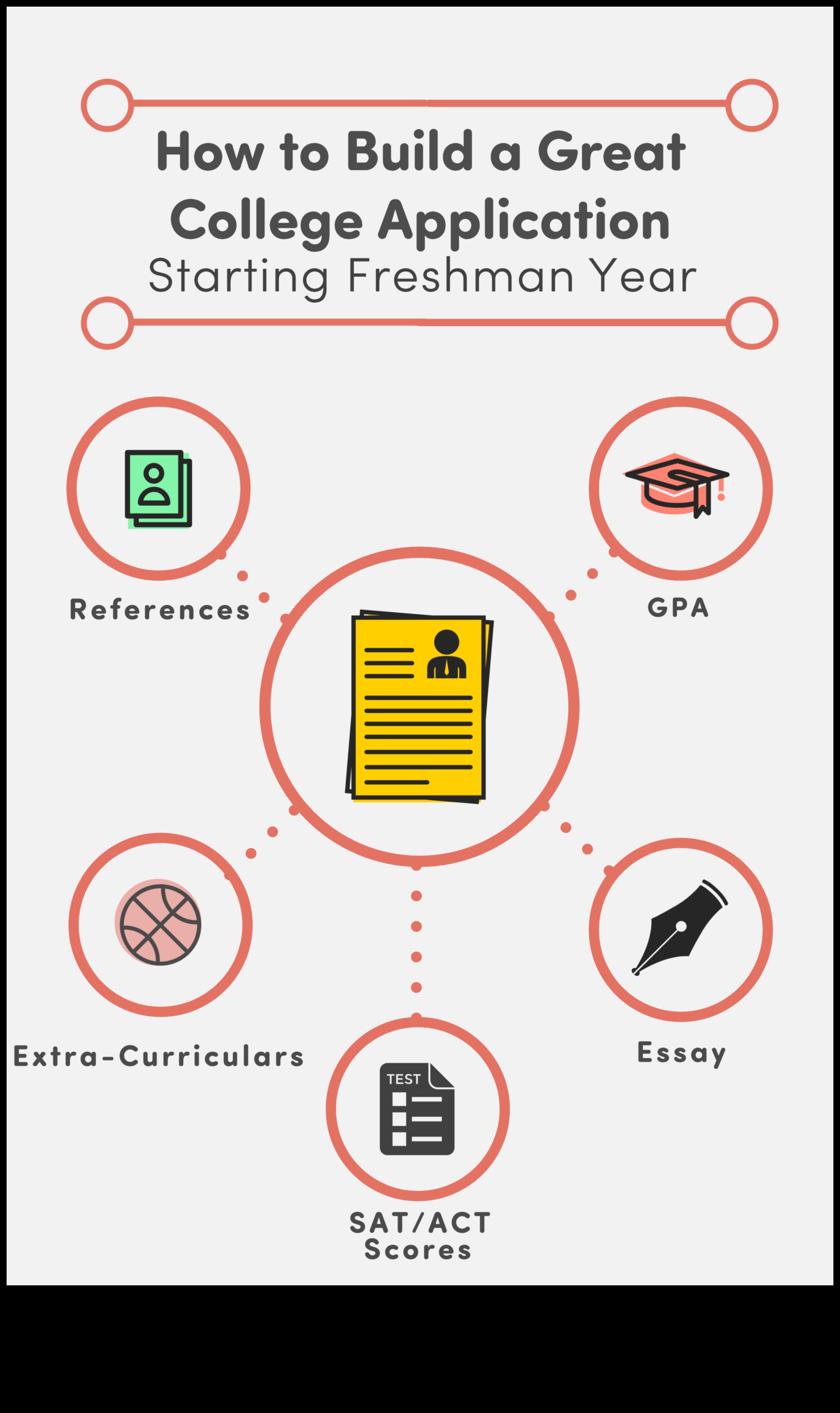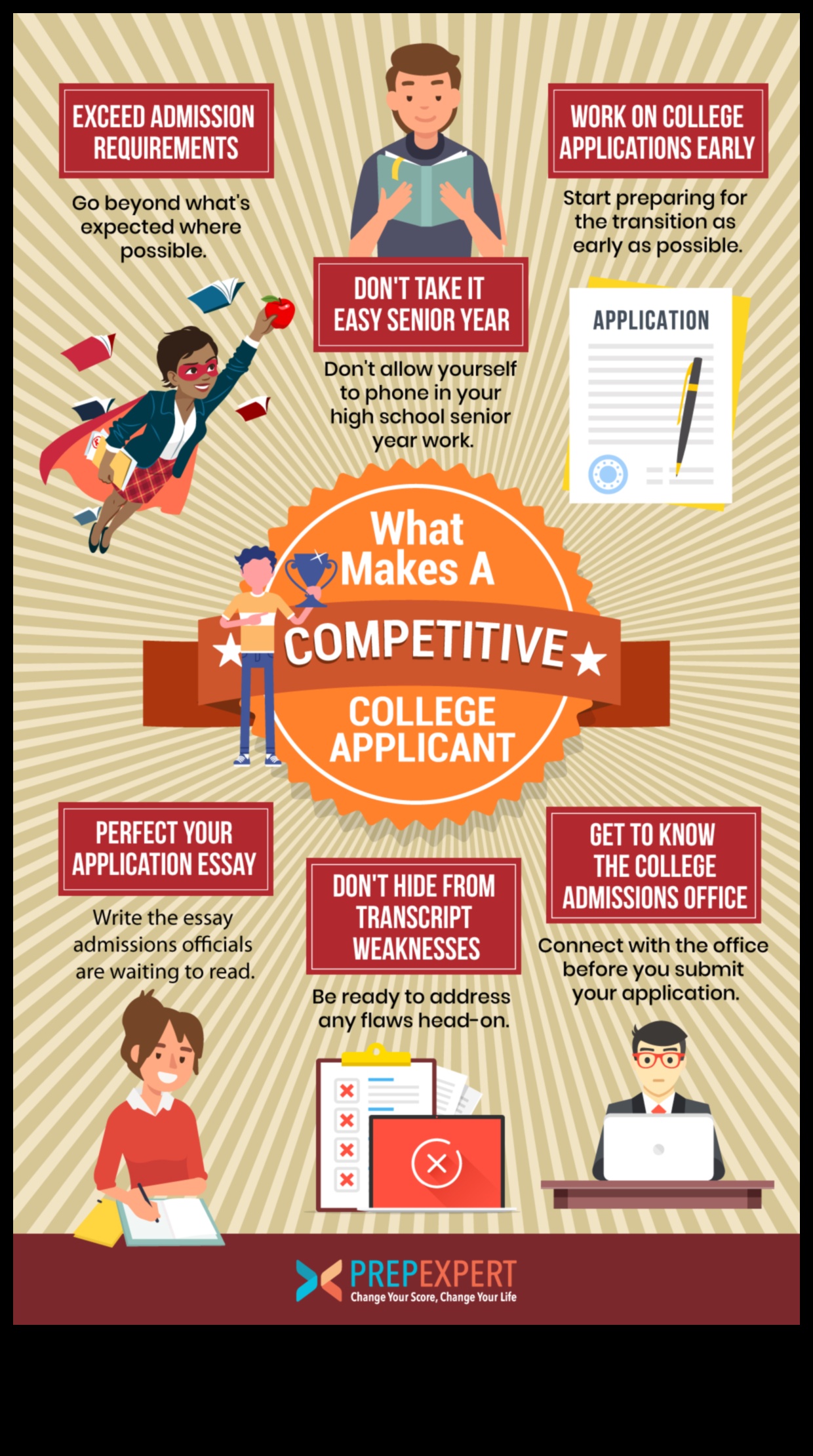
What does admission mean?
Admission is the act of allowing someone to enter a place or situation. It can also refer to the process of being accepted into a school or college.
People who search for the keyword “what do admission mean” are likely looking for a definition of the word. They may also be interested in learning more about the process of being admitted to a school or college.
To optimize for this search intent, you should create a page that provides a clear and concise definition of the word “admission”. You should also include information about the process of being admitted to a school or college. Your page should be well-written and easy to understand. It should also be free of grammatical errors and typos.
Here is an example of a page that optimizes for the search intent “what do admission mean”:
This page provides a clear and concise definition of the word “admission”. It also includes information about the process of being admitted to a school or college. The page is well-written and easy to understand. It is also free of grammatical errors and typos.
| Feature | Definition |
|---|---|
| Admission | The act of allowing someone to enter a place or situation. |
| Acceptance | The act of being accepted into a school or college. |
| Enroll | To register as a student at a school or college. |
| School | An educational institution that provides instruction for students. |
| University | A higher education institution that offers undergraduate and graduate degrees. |

Admission Criteria
Admission criteria are the standards that a school or college uses to determine who will be admitted. These criteria can vary depending on the school or college, but they typically include academic requirements, standardized test scores, extracurricular activities, personal statements, letters of recommendation, and interviews.
II. Academic Requirements
Academic requirements vary from school to school, but they typically include a minimum GPA, standardized test scores, and a rigorous course load.
The minimum GPA required for admission to a college or university varies depending on the institution. However, most schools require a GPA of at least 3.0 on a 4.0 scale.
Standardized test scores are also an important part of the admissions process. The most common standardized tests used for college admissions are the SAT and ACT.
A rigorous course load is another important factor that colleges and universities consider when making admissions decisions. Colleges want to see that you have taken challenging courses and that you have performed well in them.
IV. Extracurricular Activities
Extracurricular activities are activities that you do outside of school. They can include things like sports, clubs, and community service. Extracurricular activities can show colleges that you are a well-rounded person with interests outside of academics. They can also help you develop leadership, teamwork, and communication skills.
When you are applying to college, you should list your extracurricular activities on your application. You should also write about your extracurricular activities in your personal statement.
Here are some tips for choosing extracurricular activities:
- Choose activities that you are interested in and that you are passionate about.
- Choose activities that will help you develop skills that you can use in college and in your career.
- Choose activities that will allow you to meet new people and make friends.
- Choose activities that will give you the opportunity to give back to your community.
Here are some examples of extracurricular activities that you could participate in:
- Sports
- Clubs
- Community service
- Student government
- Theater
- Music
- Debate
- Dance
- Art
No matter what extracurricular activities you choose, make sure that you are involved in something that you are passionate about. This will help you make the most of your college experience.
V. Personal Statements
Personal statements are an important part of the college admissions process. They allow you to share your unique personality and experiences with admissions officers. Your personal statement should be well-written and engaging, and it should highlight your strengths and why you would be a good fit for the college or university you are applying to.
Here are some tips for writing a strong personal statement:
- Start by brainstorming ideas for your personal statement. Think about your experiences, your goals, and what you hope to achieve in college.
- Once you have a few ideas, start writing a rough draft of your personal statement. Be sure to include a clear and concise introduction, body paragraphs that support your main points, and a strong conclusion.
- Have someone else read your personal statement and give you feedback. They can help you identify areas that need improvement.
- Proofread your personal statement carefully before submitting it. Make sure there are no grammatical errors or typos.
Writing a personal statement can be challenging, but it is an important part of the college admissions process. By following these tips, you can write a strong personal statement that will help you stand out from the competition.

Admission Criteria
Admission criteria are the standards that a school or college uses to determine who is admitted. These criteria can include academic requirements, standardized test scores, extracurricular activities, personal statements, letters of recommendation, and interviews.

VII. Interviews
An interview is a conversation between two or more people, usually conducted to assess the suitability of a candidate for a job or other position. In the context of college admissions, interviews are used by admissions officers to get to know prospective students better and to assess their fit for the school.
Interviews can be conducted in person, over the phone, or via video chat. They typically last between 30 and 60 minutes. During an interview, the admissions officer will ask you questions about your academic interests, extracurricular activities, and personal goals. They may also ask you about your reasons for wanting to attend the school and what you hope to achieve after graduation.
Interviews are an important part of the college admissions process, but they are not the only factor that admissions officers consider when making decisions. Your grades, test scores, and extracurricular activities are also important. If you are invited to interview with a college, it is important to take the opportunity seriously and to prepare well.
Here are some tips for preparing for a college interview:
- Do your research on the school. Learn about the academic programs, extracurricular activities, and campus culture.
- Think about your reasons for wanting to attend the school. What are you looking for in a college experience?
- Practice answering common interview questions. There are many resources available online and in books that can help you with this.
- Dress professionally and arrive on time for your interview.
- Be yourself and be honest. Admissions officers want to get to know the real you.
If you have any questions about the interview process, you can contact the admissions office at the school you are interested in.
Financial Aid
Financial aid is money that is given to students to help them pay for college. There are many different types of financial aid available, including scholarships, grants, loans, and work-study programs.
To qualify for financial aid, students must fill out the Free Application for Federal Student Aid (FAFSA). The FAFSA is a form that asks for information about your family’s income and assets.
The amount of financial aid you receive will depend on your family’s income and assets, your academic achievements, and your financial need.
Financial aid can help you pay for tuition, fees, books, room and board, and other college expenses.
If you are interested in learning more about financial aid, you should contact your school’s financial aid office.
Applying to Multiple Colleges
Applying to multiple colleges is a common practice for high school students. It allows you to increase your chances of being accepted to a school of your choice, and it also gives you the opportunity to compare different schools and find the one that is the best fit for you.
There are a few things you need to keep in mind when applying to multiple colleges. First, you need to make sure that you are aware of the application deadlines for each school. Second, you need to make sure that you are prepared to submit strong applications to each school. This means that you need to have good grades, strong standardized test scores, and a well-written personal statement.
Finally, you need to be prepared to make a decision about which school to attend. This can be a difficult decision, but it is important to weigh the factors that are important to you and choose the school that is the best fit for you.
Here are some tips for applying to multiple colleges:
- Start early. The application process can take a long time, so it is important to start early. This will give you plenty of time to research schools, write your personal statement, and prepare for your standardized tests.
- Create a list of schools. Once you have started researching schools, you should create a list of schools that you are interested in. This list should include schools that are a good fit for your academic and personal goals.
- Make a plan. Once you have created a list of schools, you should make a plan for how you are going to apply to each school. This plan should include the deadlines for each school, the application requirements, and the cost of applying to each school.
- Start your applications early. It is important to start your applications early so that you have plenty of time to proofread them and make sure that they are error-free.
- Get help from your teachers and counselors. Your teachers and counselors can provide you with valuable advice and support as you apply to college. They can help you with your research, your personal statement, and your standardized test preparation.
Applying to multiple colleges can be a challenging process, but it is also an important one. By following these tips, you can increase your chances of being accepted to a school of your choice.
FAQ
Q: What are the admission criteria for colleges?
A: The admission criteria for colleges vary depending on the school, but some common factors include academic achievement, standardized test scores, extracurricular activities, personal statements, and letters of recommendation.
Q: What are the academic requirements for colleges?
A: The academic requirements for colleges vary depending on the school, but some common requirements include a high school diploma or equivalent, a minimum GPA, and specific coursework in certain subjects.
Q: What are the standardized test scores required for colleges?
A: The standardized test scores required for colleges vary depending on the school, but some common tests include the SAT, ACT, and TOEFL.